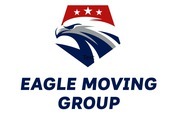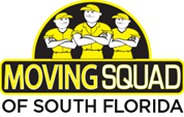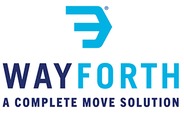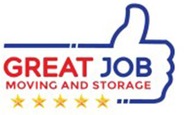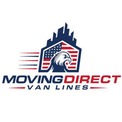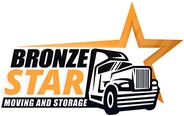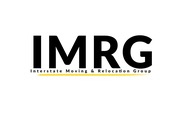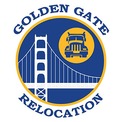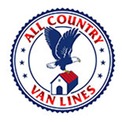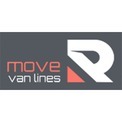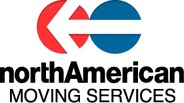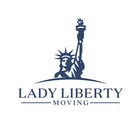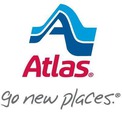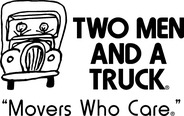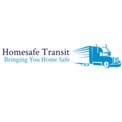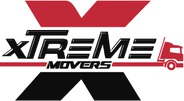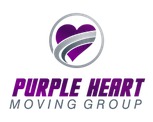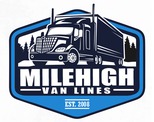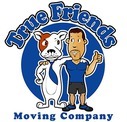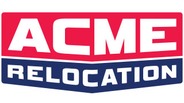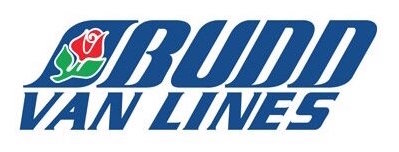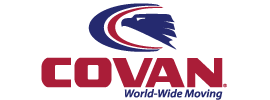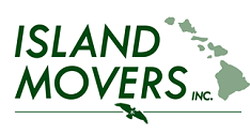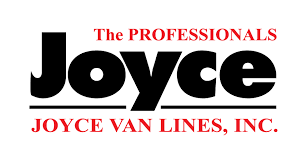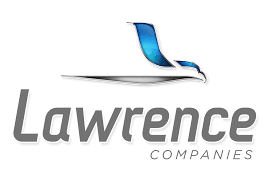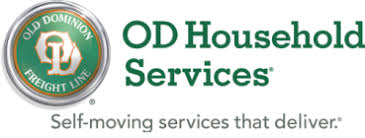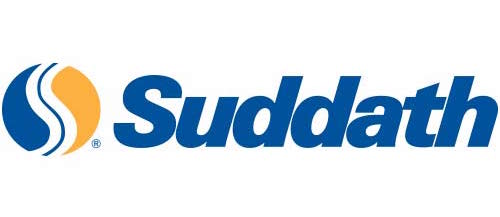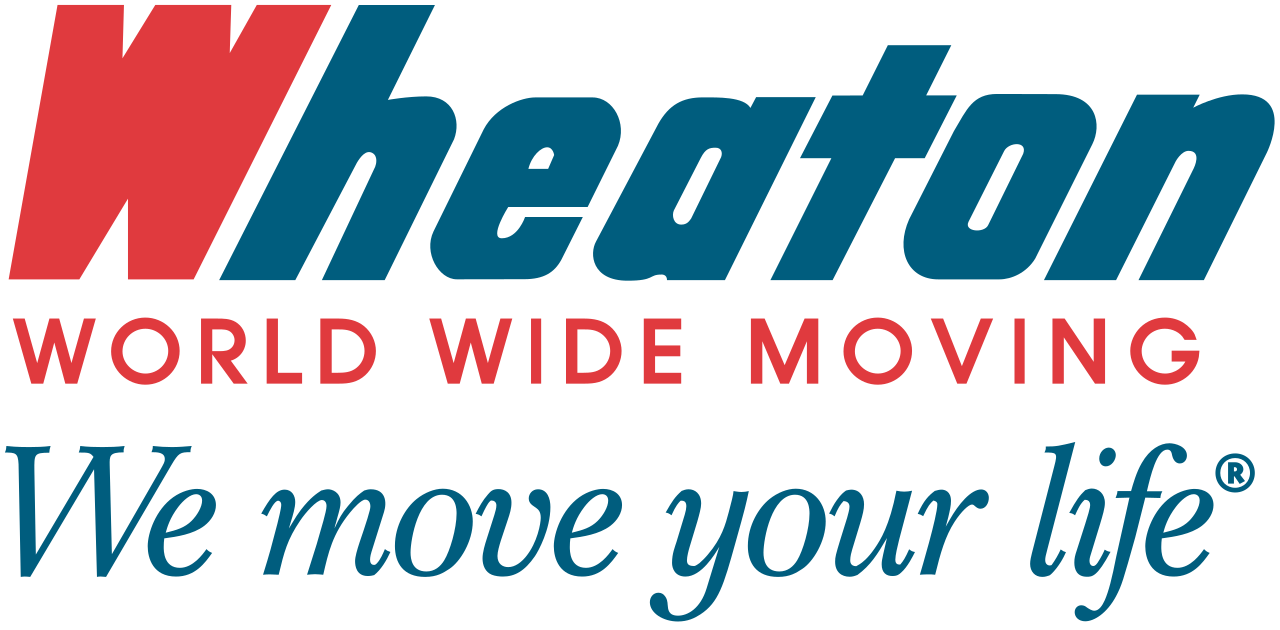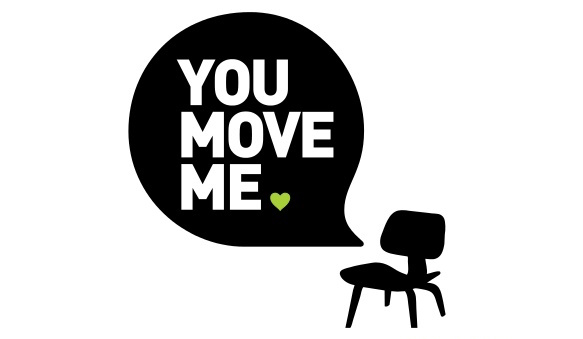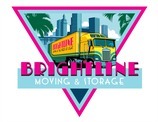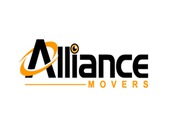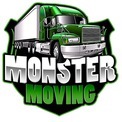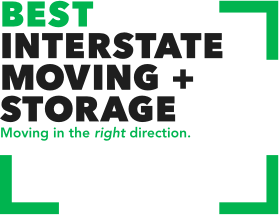- Storage options
- Climate-controlled facilities and modular cubes
- Packing options
- Single items, kitchen, full packing
- Types of moves
- Commercial, residential, military
- Types of quotes
- Binding
Colonial Van Lines provides binding quotes after conducting in-person surveys, which helps ensure accurate pricing. The company performs full-service packing and offers climate-controlled storage facilities and modular storage units (called Colonial Cubes).
Colonial Van Lines’ services are available in the 48 contiguous states. The company also has an app to streamline moving estimates.
Reviewers on our site who were happy with their experience often mention Colonial’s quality of service.
A reviewer from Georgia said: “The experience with Colonial was great. They came and moved us from Mississippi to Atlanta. We have no complaints at all with the service or the quality of their work or the courtesy. The communication was good. They told us they would pick it up on a Tuesday and they would have it to us on Thursday or Friday … and at 8:30 Wednesday morning, they were sitting in my apartment in Atlanta, Georgia, to unload.”
- Discounts: None specified
- Deposit requirements: One-third to 40% of the total move cost
- Insurance details: Limited liability (replacement or repair); additional insurance options available through third parties
Colonial Van Lines doesn’t offer local moves, so if you’re moving within your current state, you might have to look elsewhere. It also doesn’t offer relocations to or from Hawaii or Alaska.









